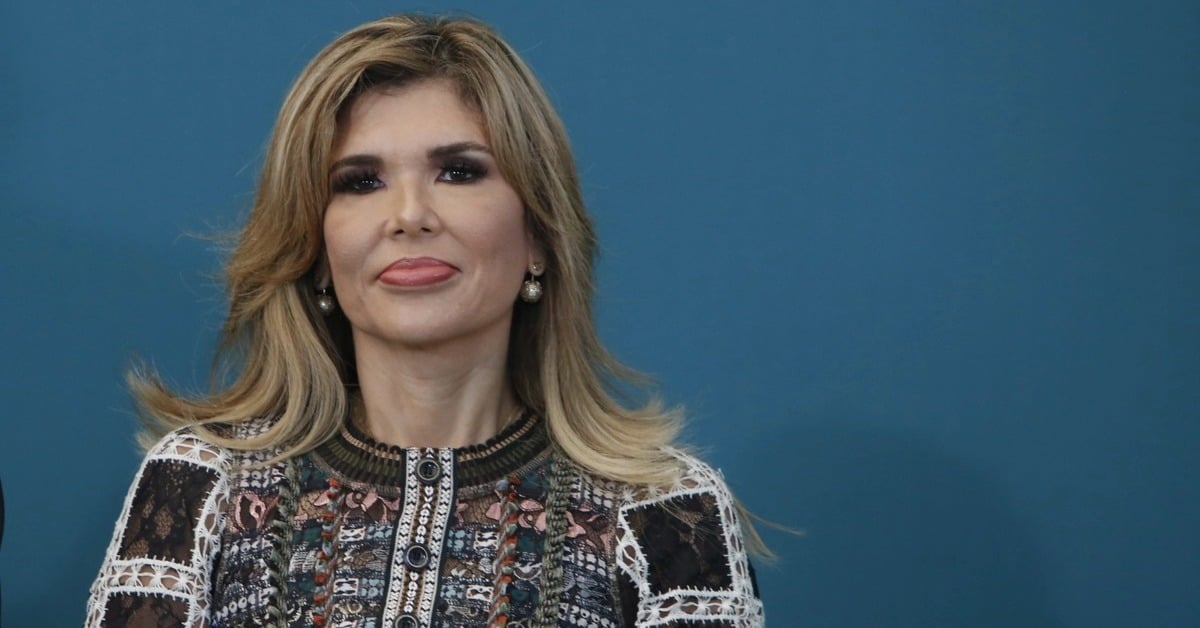Mexico’s Senate confirmed former Sonora governor Claudia Pavlovich as ambassador to Panama despite opposition objections . . .


Mexico’s Senate confirmed former Sonora governor Claudia Pavlovich as ambassador to Panama despite opposition objections . . .
